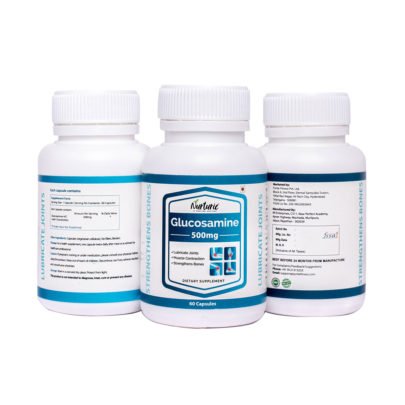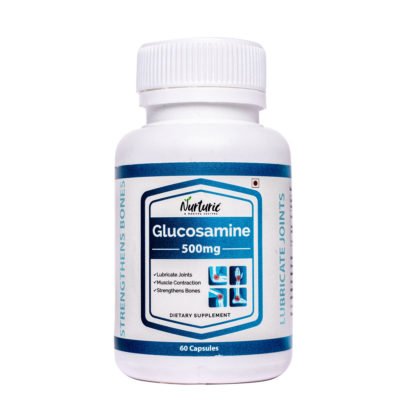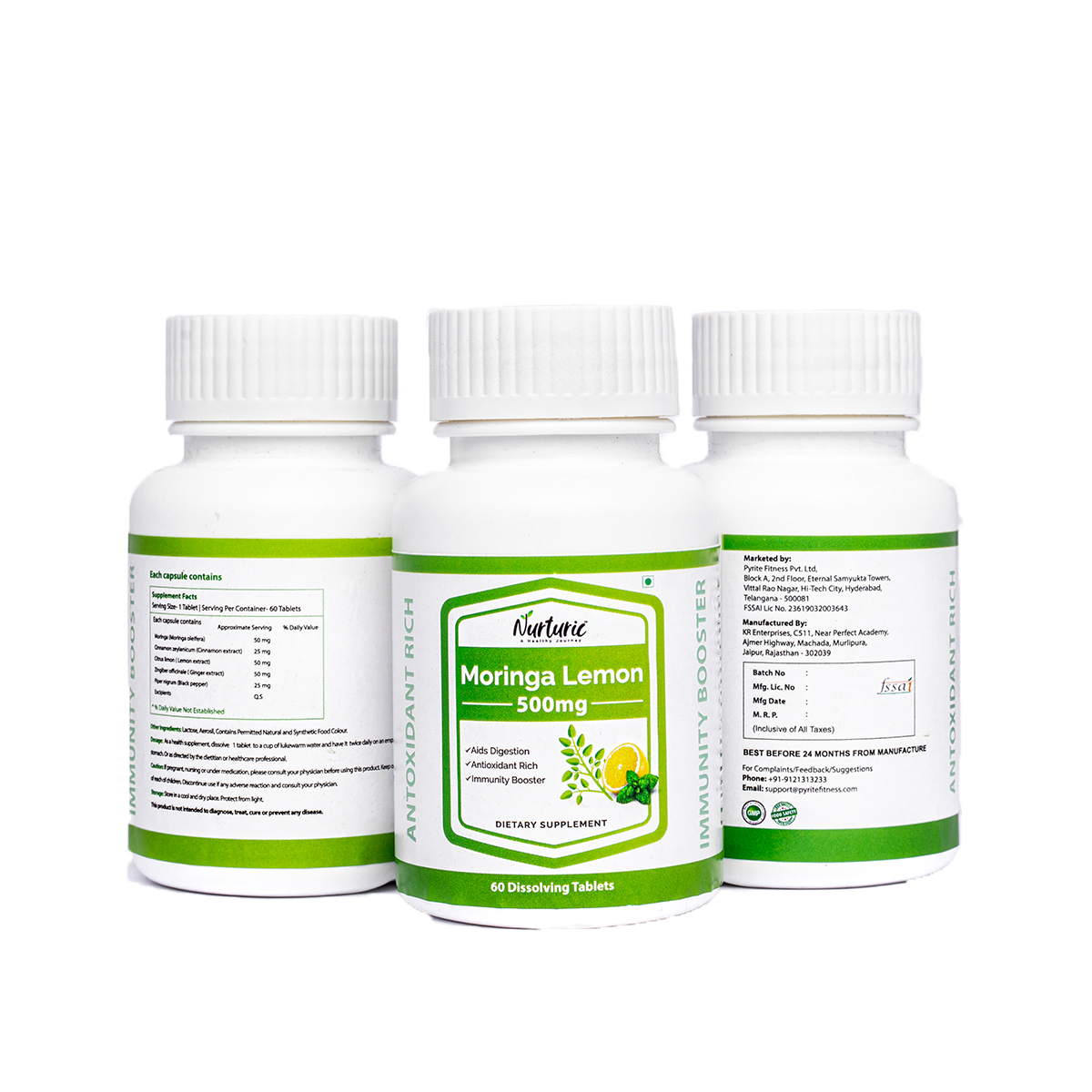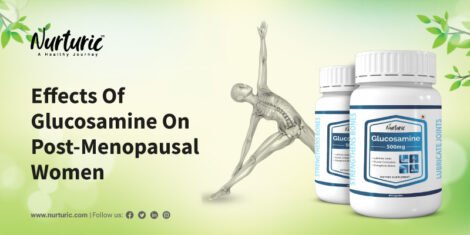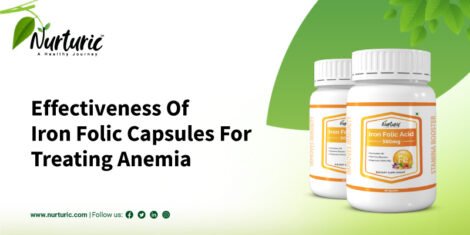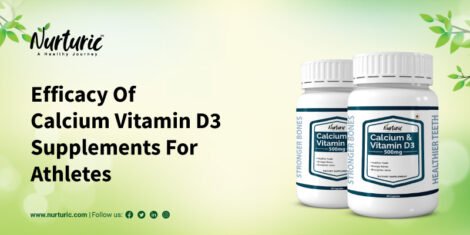- You have no items in your shopping cart
- Subtotal: ₹0.00
To function properly, the human body requires adequate levels of certain vital nutrients. The majority of these nutrients will be obtained from your daily diet if you eat healthily. However, it would help if you considered taking a supplement for the nutrients that are difficult to get from your diet. While multivitamins can cover most bases, it is sometimes necessary to supplement your diet with a specific supplement. Iron folic acid capsules are one of the most commonly required nutrient supplements.

Iron is one of the essential elements of the human body because it is a component of haemoglobin, myoglobin, and various enzymes. It is involved in many physiological reactions such as oxygen transport, energy production and DNA replication. Folic acid is a water-soluble vitamin essential for many aspects of health. It promotes cell division and the formation of new cells by copying and creating DNA cells. In addition, it also aids the body’s utilisation of vitamin B12 and certain amino acids. Let us now delve deeper into the iron and folic acid benefits.
Reasons Why You Need Iron Folic Acid Capsules
Humans have recognised the importance of iron in overall health and the treatment of a variety of diseases since ancient times. Egyptians, Romans, Greeks and Indians used iron for a variety of medicinal purposes. In the 17th century, iron was used to treat chlorosis, a disease caused by iron deficiency. Iron is a component of the haemoglobin found in red blood cells, which facilitates the transport of oxygen from the lungs to all of our cells. It helps in proper immune functioning and protein development. The iron we get from food sources comes in 2 types, including heme iron and non-heme iron.

Folic acid is a derived form of folate found in most prenatal vitamins, supplements, and fortified foods. It acts as an antioxidant, and along with vitamins C, E and beta-carotene lower the risk of babies’ brain and spine congenital disabilities. It also reduces the risk of preeclampsia and premature labour. It aids in binding protein molecules known as apoenzymes to catalyse a reaction essential for many bodily processes, known as coenzyme activity. Read on to learn more about iron and folic acid tablets benefits.
1. Helps In Hemoglobin Formation
Iron-folic acid’s primary function is to form hemoglobin, a red blood cell protein that transports oxygen in the blood. Supplementary hemoglobin is necessary because humans lose blood in a variety of ways, most notably through injuries. Women lose blood during their menstrual cycles, which is why women may be more prone to anemia. As erythrocytes are constantly depleted, iron-folic acid is vital for restoring a healthy blood balance and ensuring an adequate supply of RBCs in the body. Anemia occurs when the body does not have enough red blood cells or even hemoglobin, resulting in a pale appearance and sluggishness. Consumption of iron-folic acid supplements and eating iron-folic acid-rich foods can help reverse this condition.
2. Enhances Heart Health
Iron folic acid is beneficial to heart health and may help lower the risk of heart disease. It reduces homocysteine levels, an amino acid that can contribute to blood clot formation and cause arteries to narrow and harden. Regular intake of iron-folic acid strengthens blood vessels, aids in the blockage of arteries and prevents heart disease.
3. Prevents Hair fall
When your iron levels drop, it becomes more difficult to carry oxygen to vital cells, such as those that restore the growth of your nails and hair. Iron folic acid boosts oxygen and nutrients to the hair roots and scalp, improves hair texture and reduces dullness. Folic acid, a cellular protein for iron, contributes significantly to a healthy hair growth cycle by stimulating the anagen phase (the growing phase of a hair follicle).
4. Lowers Risk Of Cancer
Iron folic acid reduces the risk of cancer mutations caused by abnormalities in the DNA methylation process, which is essential for gene expression and cell differentiation. It also aids in preventing colorectal, esophageal, and ovarian cancers by inhibiting the spread of cancer cells.
5. Reduces Fatigue
Iron folic is an essential mineral for athletes and pregnant women who require more iron to function properly. It not only keeps you from becoming tired, but also keeps you energized throughout the day. Iron and folic-rich foods and supplements can help boost iron levels and alleviate tiredness and exhaustion.
6. Treats Insomnia
Most of the people who have sleep problems are iron and folic deficient. Blood pressure fluctuations, which is one of the causes of sleep disruption, can be managed if your red blood cell count rises. Iron-folic is beneficial in promoting RBC. That is how it aids in the treatment of insomnia. It helps to reduce insomnia symptoms and improves people’s sleeping habits by regulating their circadian rhythms.
7. Improves Brain And Nerve Function
The brain needs adequate oxygen to function correctly. Iron deficiency prevents the brain from receiving the oxygen it requires, resulting in poor memory, decreased productivity, and apathy. Iron folic supplements play a significant role in brain development and functioning. It aids in transporting blood to cells and allows for an adequate supply of oxygen to be carried throughout the body and brain. Folic acid benefits mental health and is effective in improving memory and preventing age-related memory loss. In addition, iron and folic acid aid in forming new neural pathways, which can help prevent degenerative diseases such as Alzheimer’s.
Now that you are aware of the Iron-folic acid tablet uses. Let us delve deeper into who requires it, which conditions it can treat or prevent, and how iron-folic acid works.
Who Needs It? Which Conditions Can It Treat or Prevent?
As iron-folic acid is an essential mineral in the human body, the symptoms may occur, affecting daily physiological functions if you are deficient. It is responsible not only for proper blood circulation but also for various other processes within the body. It is beneficial to those suffering from serious diseases affecting the blood, excretory system or brain activity, among other things. A low iron percentage during pregnancy increases the risk of premature birth and low birth weight, decreased iron stores, and impaired cognitive or behavioural augmentation in infants. Let us see what other diseases it can treat.
- Fragile-X syndrome (Inherited disease)
- Depression
- Phenytoin (Gum problem)
- Vitiligo (Skin colour discolouration)
- Hyperhomocysteinemia
- Kidney disease
- Pruritus
- Predialysis anaemia
These supplements are helpful for pregnant women as well as women who are planning to become pregnant. It lowers the risk of congenital disabilities of the baby’s brain and spine and preeclampsia and early labour. In addition, it aids in reducing arsenic levels in the blood, lowering the risk of severe diseases and promoting an overall healthy immune system.
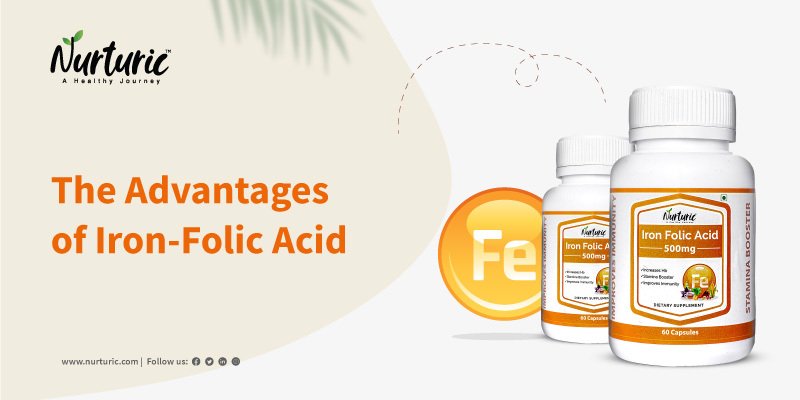
Now that you have learnt the advantages, let us discuss the disadvantages of the Iron-folic capsule.
Possible Side Effects
Though iron-folic acid is essential, too much of it can be dangerous. Few medications, such as proton pump inhibitors, which reduce stomach acid, can impair your body’s ability to absorb iron from supplements. Even though it is safe, you should take some precautions to avoid any health complications. Some people experience side effects if they take it on an empty stomach, so it is best to take it with food. Avoid consuming it with dairy products, coffee, tea or cereals because the physiological properties of iron may cause specific reactions. Let us look at some of the iron-folic acid side effects that are uncommon.
- Abdominal cramps
- Diarrhoea
- Skin rash
- Sleep disorders
- Irritability
- Confusion
- Behaviour changes
- Seizures
- Gas
- Excitability
In extreme cases, these side effects can be fatal. If you go through any of the above side effects, contact your physician right away.
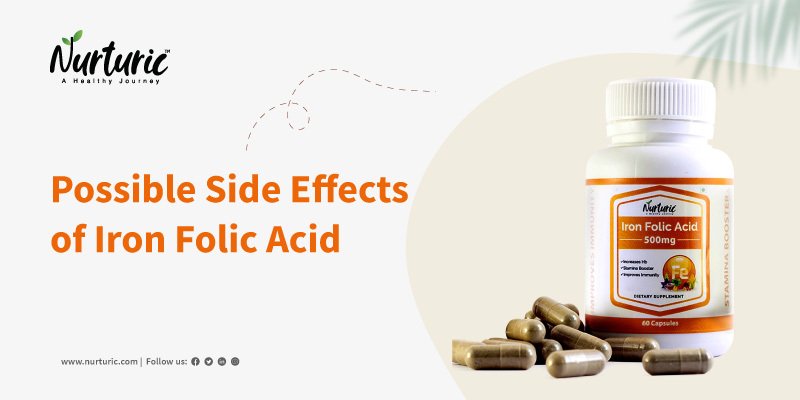
Now that you’ve learned about the advantages, precautions and potential side effects of Iron-folic Acid tablets, let us talk about the best natural sources of iron-folic acid.
Natural Food Sources Of Iron-folic Acid
When bulking up, eating iron and folic acid-rich foods should always be your priority. Getting plenty of vitamin C can also help with iron absorption. The iron food sources come in two forms: heme and non-heme. Animal products, such as seafood, contain both non-heme and heme iron. Beans, nuts, vegetables, and fortified grains are some other foods that contain only non-heme iron sources. Some dark green vegetables like spinach, broccoli, cabbage and brussels sprouts are high in folic acid. Some foods high in iron and folic acid are as follows:
- Mussels
- Oysters
- Lamb
- Ham
- Veal
- Turnip
- Dry fruits
- Legumes
- Lentils
- Fenugreek seeds
- Asparagus
- Sprouted grains
- Mustard greens
Even if you eat a well-balanced diet that includes various iron-folic acid-rich foods, taking a supplement may be necessary to replenish your health levels.

Now that you’ve learned about natural food sources of iron-folic acid, keep reading for Iron-folic acid dosage information.
How to Choose the Right Supplement and Where to Buy It From
Natural iron is easily absorbed by the human body and poses no burden. Furthermore, choosing a brand that uses patented high-quality iron raw materials is recommended, which provides even more assurance of food safety and efficacy reliability! Folic acid is a necessary component in the production of red blood cells, and its combination with iron can be said to complement each other. SGS inspection is reassuring, and brands that use patented raw materials are more secure.
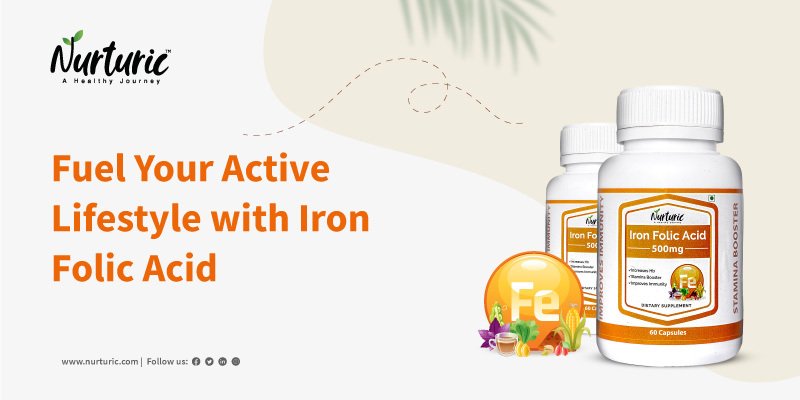
Nurturic assures high quality and genuine products if you are looking for 100% organic and plant-based iron-folic acid supplements or other products.
Our Take
Iron-folic acid is a gentle way to get your iron levels where they need to be so you can get that energy in your step, whether you’re vegan, vegetarian or omnivorous. If you’re feeling tired and sluggish, get your iron levels checked to see where you stand before beginning a supplement.
FAQ’s
1. Which fruits are high in iron?
When it comes to fruits, very few are good sources of iron, whereas vegetables are abundant. Iron is found in fruits such as prunes, olives, and mulberries.
2. How can I quickly increase my iron levels?
Protein-rich foods, such as chicken and fish, are high in iron and can help to raise iron levels in the body quickly. Vitamin C foods and green leafy vegetables are vegetarian options.
3. Can your body produce iron?
No, the body is unable to produce iron on its own. Iron supplements or iron-rich foods must be consumed regularly.
4. What are the signs and symptoms of an iron deficiency?
Fatigue, mouth sores, tongue swelling, growth problems and shortness of breath are common symptoms.
5. How long does it take to recover from iron deficiency?
Most people recover from iron-deficiency anaemia within 2 to 3 months of receiving treatment. To replenish your iron reserves, you may need to take iron supplements for several months longer.
6. What is folic acid good for?
Folic acid helps in the formation of healthy red blood cells, which transport oxygen throughout the body. If we don’t get enough folic acid, our bodies can produce abnormally large red blood cells that don’t function properly, which causes fatigue and other symptoms.
7. Does folic acid promote hair growth?
Yes. Folic acid promotes hair growth, adds volume and even slows the rate of premature greying by stimulating the body’s cell production processes.
8. What are the benefits of folic acid?
Folic acid assists your body in the production and maintenance of new cells, as well as in the prevention of DNA changes that may lead to cancer.
9. What is the recommended dosage of iron-folic acid capsules?
It is recommended to consume 2 capsules per day.
10. Are iron supplements safe to take?
Yes, it is safe, if taken correctly and under the supervision of a nutritionist or doctor.




